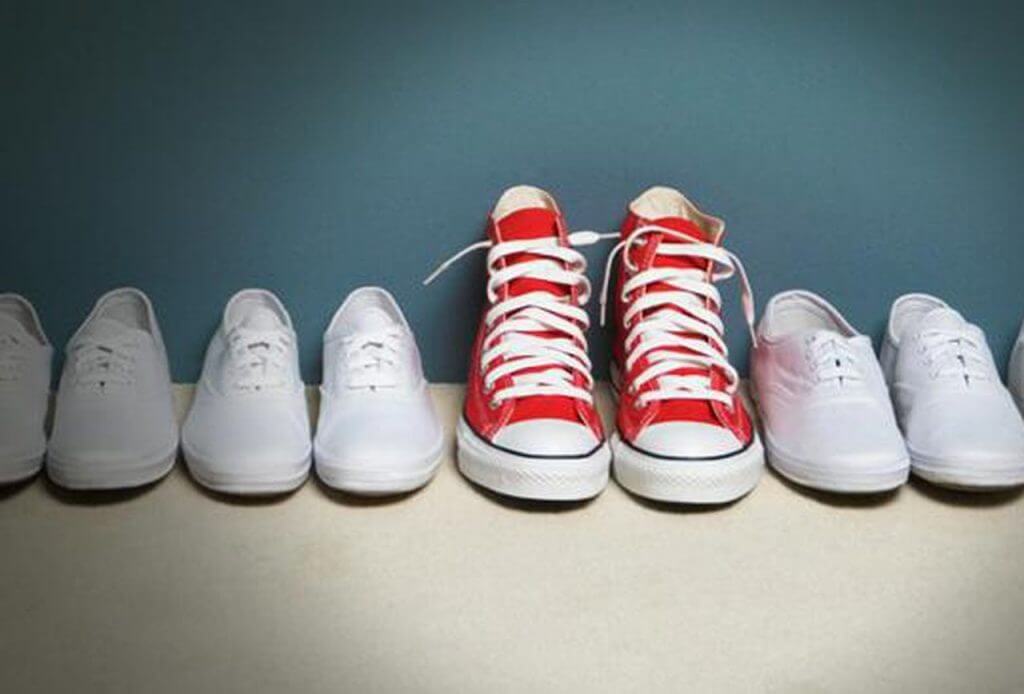As the industry gets ready for reopening, it is important to double down on the personalized guest experience.
NB: This is an article from ReviewPro
With a landscape more competitive than ever, creating unique and unforgettable moments is what will set you apart from the competition.
Why does the guest experience matter?
The guest experience has always been at the heart of the hospitality industry. However, with the current climate, it has become even more essential than before. Why?
- Travel is risky – Guests are taking a risk by leaving their homes and coming to stay at your establishment, they will want it to be worth it.
- Travel is complicated – planning a vacation has become a hassle: regulations changing constantly, borders opening and closing, flight cancellations, etc. After all the efforts invested, guests will want a good experience in return.
- Travel is needed – People haven’t traveled in a long time, but that doesn’t mean they have lost their appetite for travel. The desire for a moment away from home, or a moment of complete relaxation is greater than ever, and so are the expectations.
Your guests now will influence your future guests – With the stakes being higher, guests are more careful when booking. A good guest experience will ensure a good online reputation, which in return will drive your bookings.
How can I create a more personalized experience?
Guests are now looking for unique and more personalized experiences that make their trip feel special. A study by Epsilon shows that 87% of consumers are more likely to do business with travel brands offering personalized experiences.

Here are some best practices on how to leverage messaging technology to offer a more personalized guest experience:
- Virtual concierge services – A hotel chatbot can do much more than just chatting and exchanging information. It is also able to offer services of a virtual concierge and assist your guests when they are requesting room service, maintenance tasks, or when they need some recommendations on what to do nearby. Train your chatbot into giving recommendations about restaurants, bars, museums, etc. It is an excellent way for your hotel to be in touch with your guests while they are off-site and out exploring.
- Personal communication channels – The usage of messaging services has been growing exponentially. Especially younger generations are much more comfortable chatting with their favorite brands rather than calling or emailing. So, it is time for hotels to embrace these channels and interact with their guests through these new channels in a more personalized and conversational way.
- Relevant communication only – A proactive approach is key when trying to exceed your guests’ expectations. However, you do not want to overwhelm your guests with irrelevant communication. By segmenting your audiences well, you can send one communication to your guests who booked through an OTA, another to your VIP guests, and another to returning guests.
- Virtual booking assistant services – the guest experience starts way before your guest enters through your doors. Create a more personalized booking experience by integrating your chatbot with a booking engine, so your guests can make a reservation simply by conversing with your chatbot. This does not only simplify the process but also creates a more personalized experience that can drive direct bookings on your website.
- Talk to guests before you meet them – send out a message or email to your guests before they arrive with upsell opportunities, for example, for a spa or restaurant reservation. You will not only drive upsells, but it will also decrease the chances of your guests canceling last minute and allow them to tailor their stay to their needs. By asking for their preferences for details like pillows, type of room views, or mattresses, you can make them feel taken care of even before they set foot at your property.
- Remember your returning guests – returning guests are worth gold, and they need to be cherished! When a guest has left you a review or survey response in the past, gather this information into a rich guest profile which can then give you information on how to personalize their next stay. If they mentioned something in the past about not having enough amenities, you could for example add some complimentary amenities.
Technology is a great tool for hoteliers to personalize the experience with their guests while creating digital touchpoints instead of face-to-face interactions. Digital technology should not equal a less personalized approach or a lesser guest experience. On the contrary, hotel technology is there to assist the industry in taking the guest experience to the next level.





